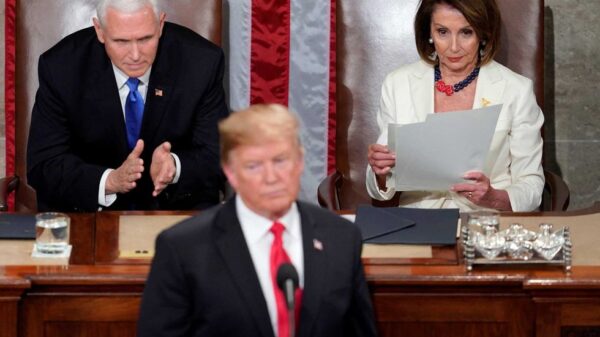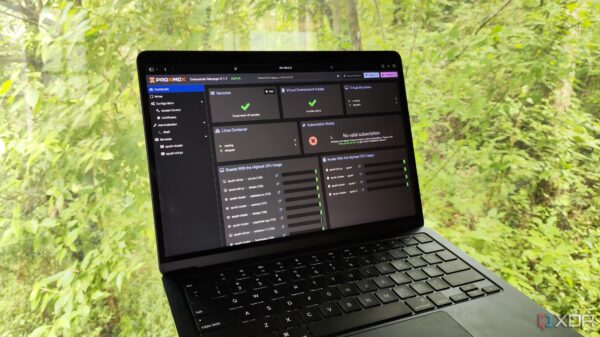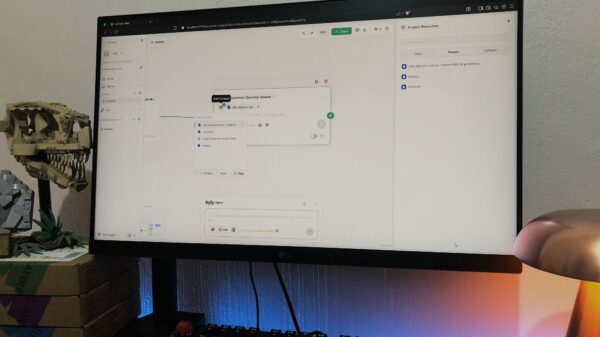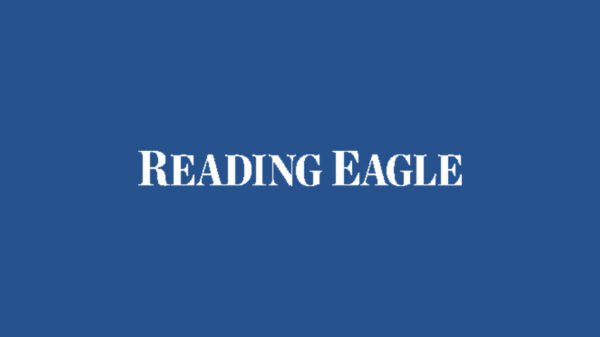Recent surveys indicate that small business owners across the United States are exhibiting a notable level of optimism. According to the National Federation of Independent Business, nearly 70% of small business owners reported feeling confident about their business outlook for the next six months. This sentiment reflects a resurgence in entrepreneurial spirit, despite the unpredictable nature of current economic policies.
The positive outlook among small business owners comes amid a backdrop of challenges. The U.S. Small Business Administration has emphasized the crucial role these enterprises play in the economy, accounting for nearly 50% of the country’s workforce. However, Gene Marks, a small business expert, points out that while this optimism is encouraging, it may also be misplaced given the political and economic uncertainties.
Political Climate and Its Impact
The fluctuating policies of the current administration have created a climate of unpredictability. Many small business owners express concerns regarding potential regulatory changes and tax implications that could affect their operations. For instance, recent discussions about increasing corporate taxes have left some entrepreneurs feeling uneasy about future investments.
Despite these concerns, a significant portion of small business owners remains resilient. According to Marks, this optimism can be attributed to a combination of strong consumer demand and an increase in online sales. Small businesses have adapted to the digital landscape, with many reporting substantial growth in their e-commerce operations. This shift has allowed them to thrive even amidst economic uncertainty.
The U.S. Small Business Administration reports that approximately 40% of small businesses now operate online, a figure that underscores the importance of digital transformation in today’s market. Entrepreneurs are leveraging technology to reach broader audiences and streamline their operations, which has contributed to their positive outlook.
Challenges Ahead
While the current sentiment among small business owners is generally positive, it is important to acknowledge the challenges that lie ahead. Inflation remains a pressing issue, with prices for materials and services continuing to rise. Marks highlights that many business owners are struggling to manage these costs while maintaining profitability.
The labor market also poses challenges. Finding skilled workers has become increasingly difficult, and many small businesses are competing with larger corporations that can offer higher wages and better benefits. This competition can stifle growth for smaller enterprises that lack the same resources.
As these business owners navigate a complex landscape, it is crucial for them to remain vigilant. The optimism reflected in recent surveys may not account for the rapid changes that can occur due to policy shifts or economic disruptions. Small business owners must be prepared to adapt to new circumstances while continuing to focus on growth and innovation.
In conclusion, while U.S. small business owners are showcasing a commendable level of confidence, the current economic and political environment demands cautious optimism. The ability to pivot and adapt will be key for these businesses as they strive to succeed in an ever-evolving marketplace. The coming months will undoubtedly test their resilience and determination to thrive against the odds.







































































